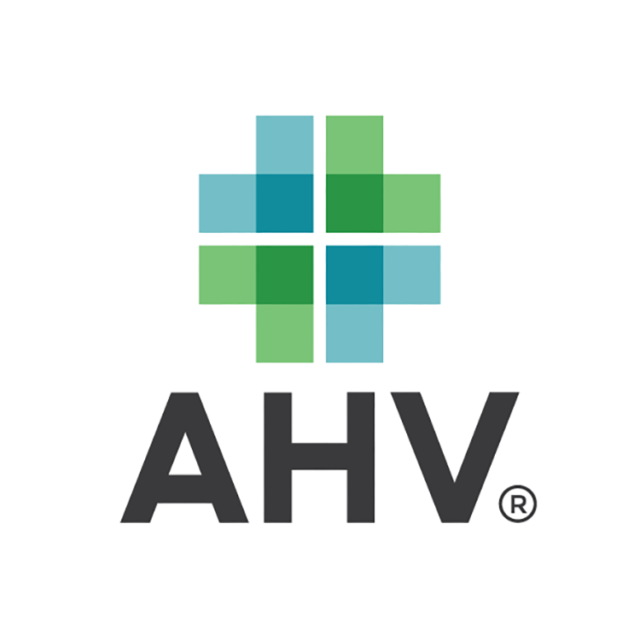North Carolina and South Dakota were added to the list of states where highly pathogenic avian influenza (HPAI) has been detected in dairy cattle, with the USDA confirming one case in each state.
HPAI, also known as bovine influenza A virus (BIAV), was previously detected in dairy herds in Texas (now up to 11 confirmed cases), Kansas (3), Michigan (4), Idaho (1), New Mexico (6) and Ohio (1).
UDSA Animal and Plant Health Inspection Service (APHIS) lists a total of 28 confirmed cases to date.
The FDA maintains that the overall risk to the general public remains low. Because milk is pasteurized prior to packaging or processing, there are no concerns with the safety of the commercial milk supply at this time.
The World Health Organization (WHO) also assessed “the public health risk to the general population posed by this virus to be low and for occupationally exposed persons, the risk of infection is considered low to moderate.”
Dairy producers should remain vigilant about advanced biosecurity on farms and minimize movement of cattle as much as possible. Sick or exposed animals should not be moved. New animals should be quarantined for a minimum of two weeks before introducing them to an established herd.
APHIS has not issued federal quarantine orders at this time, nor is the agency recommending any state quarantines or official hold orders on cattle.
However, according to the American Veterinary Medical Association, at least 18 states have declared restrictions for the movement of cattle. These states include: Alabama, Arizona, Arkansas, California, Delaware, Florida, Hawaii, Idaho, Kentucky, Louisiana, Maryland, Mississippi, Nebraska, North Carolina, Pennsylvania, Tennessee, Utah and West Virginia. Restrictions vary by state, but most pertain to the importation of animals from states where the virus is known to have infected dairy cows.
Producers should check with their state, the destination state and any states in between to know the specific requirements for pre-transport testing or a certificate of veterinary inspection that must accompany dairy cattle to be transported.
WHO, the USDA, the FDA, the U.S. Centers for Disease Control and Prevention (CDC), state governments, state and national dairy groups, veterinary associations and other organizations across the country continue to monitor this evolving animal health situation.






